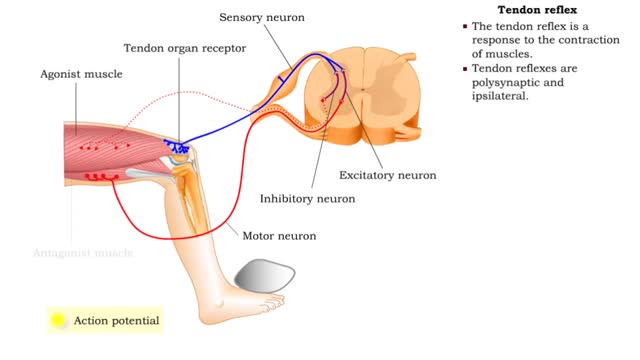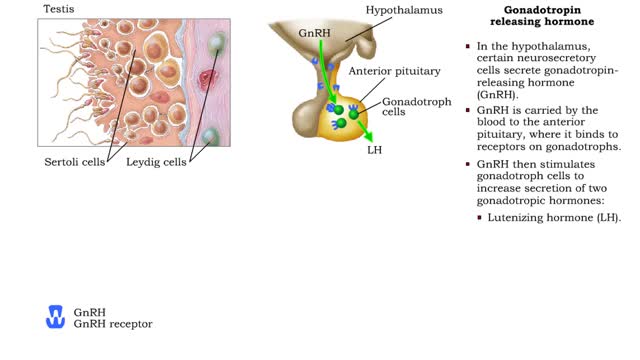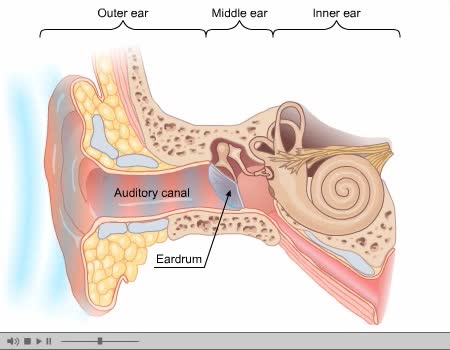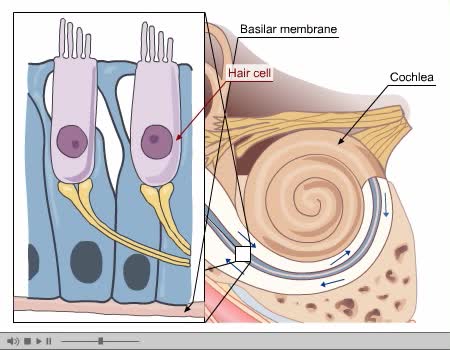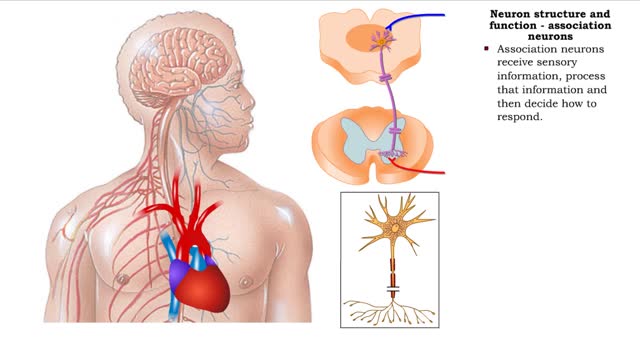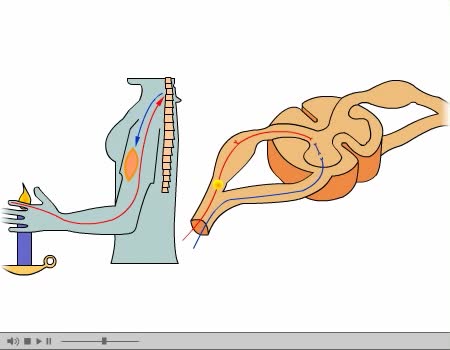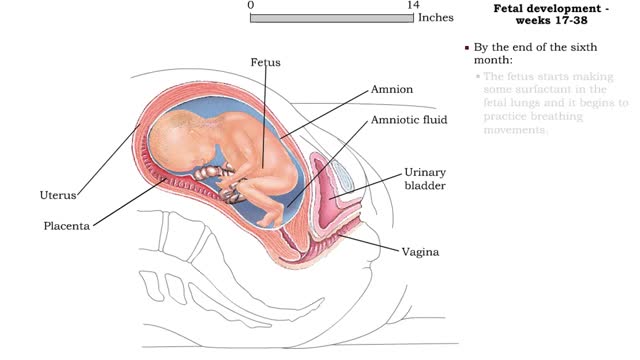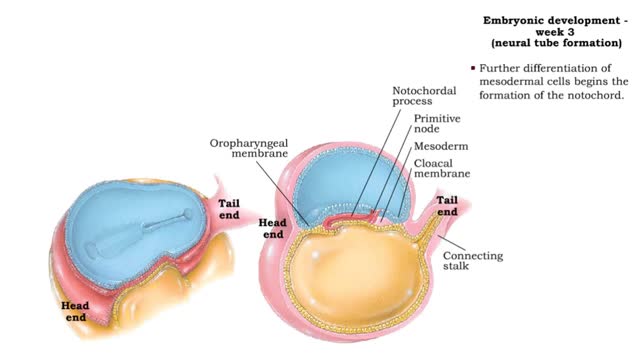Search Results
Results for: 'endocrine organ'
Stretch reflex & Tendon reflex
By: HWC, Views: 10335
• The stretch reflex is a response to the stretching of muscles. It is monosynaptic and ipsilateral. • Stretching stimulates receptors in the muscle spindle of the agonist (stretched) muscle. • One or more action potentials are generated by the receptors and propagate along the axon of ...
Male Reproductive System - The gonadotropin releasing hormone
By: HWC, Views: 11290
• Hormonal mechanisms that influence male reproductive function involve endocrine tissues contained in the: • Hypothalamus of the brain. • Anterior pituitary. • Testes. • In the hypothalamus, certain neurosecretory cells secrete gonadotropin- releasing hormone (GnRH). • GnRH ...
By: Administrator, Views: 13512
The ear is the organ of hearing and, in mammals, balance. In mammals, the ear is usually described as having three parts—the outer ear, the middle ear and the inner ear. The outer ear consists of the pinna and the ear canal. Since the outer ear is the only visible portion of the ear in most ani...
By: Administrator, Views: 13829
Process of Hearing Sound waves are directed to the eardrum, causing it to vibrate. These vibrations move the three small bones of the middle ear (malleus, incus, and stapes). Movement of stapes at oval window sets up pressure waves in the perilymph and endolymph. Process of Hearing The wav...
Neuron structure and function - sensory neurons, association neurons & motor neurons
By: HWC, Views: 10462
• The primary function of the nervous system is to provide rapid communication within the body to maintain homeostasis. • This function underlies behaviors, thinking and control of organ functions. • The basic functions of the nervous system are provided by: • Sensory neurons • ...
By: Administrator, Views: 13707
A reflex arc is a neural pathway that controls a reflex. In vertebrates, most sensory neurons do not pass directly into the brain, but synapse in the spinal cord. This allows for faster reflex actions to occur by activating spinal motor neurons without the delay of routing signals through the bra...
Fetal development - Weeks 9 to 38
By: HWC, Views: 10721
Weeks 9-12 • Fetal development during the third month includes: • A large head, about 1/2 the length of the fetus. • Visible eyes and ears. • A detectable heartbeat. • Kidneys that form urine. • Gender identification. • Weak, undetectable body movements. • By the e...
By: Administrator, Views: 13690
Pre-eclampsia (PE) is a disorder of pregnancy characterized by the onset of high blood pressure and often a significant amount of protein in the urine. When it arises, the condition begins after 20 weeks of pregnancy. In severe disease there may be red blood cell breakdown, a low blood platelet c...
Embryonic development - Week 3
By: HWC, Views: 10605
Week 3 (gastrulation) • Three primary germ layers are formed which provide cells for organ formation in the following months. • These germ cell layers are formed by a process known as gastrulation, which involves rearranging epiblast cells. • As cells from the epiblast migrate, a fain...
Advertisement



